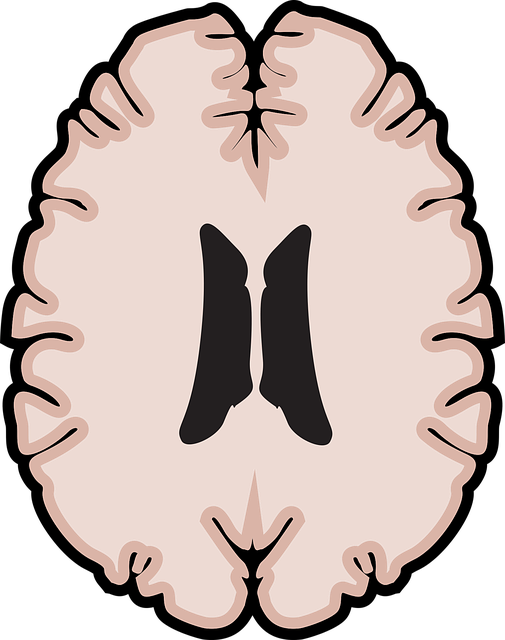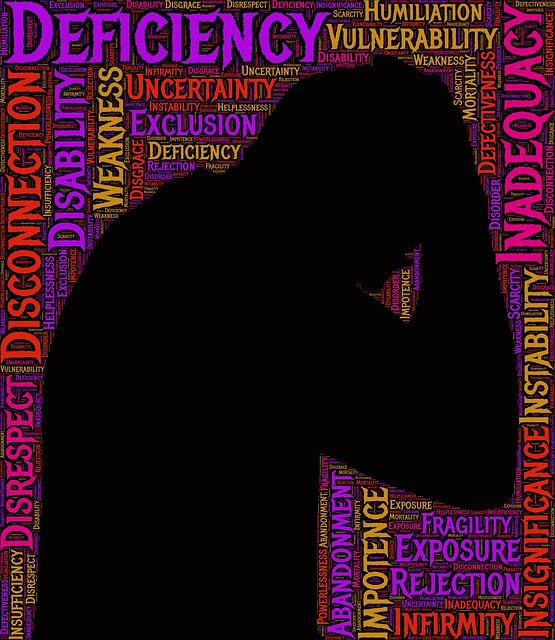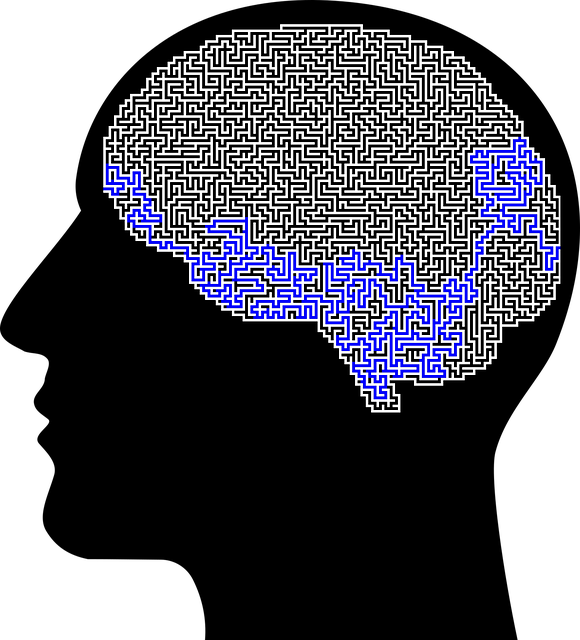Mental health professionals in Aurora play a vital role in addressing complex emotional challenges through tailored risk assessment tools for Aurora Grief Counseling Therapy. They proactively manage client risks, including mental status, therapeutic relationships, and external factors, by integrating comprehensive risk planning into holistic care. This involves evidence-based interventions, stress management techniques, and coping strategies to create supportive environments fostering healing and growth. Ethical considerations, cultural sensitivity, and a Community Outreach Program further enhance the effectiveness of grief counseling services, ensuring clients receive compassionate, personalized support for their emotional recovery.
Mental health professionals regularly encounter complex cases, making robust risk assessment a cornerstone of effective practice. This article guides clinicians through essential aspects of risk management, from understanding foundational concepts to addressing ethical dilemmas specific to grief counseling therapists. We explore identifying vulnerabilities and potential hazards, implementing strategic risk mitigation techniques, and illustrate these principles with case studies from Aurora Grief Counseling Therapy, highlighting best practices for navigating challenging situations.
- Understanding Risk Assessment in Mental Health Practice
- Identifying Potential Hazards and Vulnerabilities
- Ethical Considerations for Grief Counseling Therapists
- Implementing Effective Risk Management Strategies
- Case Studies: Navigating Complex Risks at Aurora Grief Counseling Therapy
Understanding Risk Assessment in Mental Health Practice

Mental health professionals often find themselves navigating complex emotional landscapes with their clients, which necessitates a thorough understanding of risk assessment. This process involves identifying and evaluating potential risks associated with a client’s mental health status, therapeutic relationship, or external factors that could impact their well-being. By utilizing comprehensive risk assessment tools tailored for the unique challenges faced by individuals seeking Aurora Grief Counseling Therapy, professionals can proactively develop strategies to mitigate risks and enhance safety plans.
Effective risk management planning is not merely a reactive measure but an integral part of holistic care, enabling practitioners at the Stress Management Workshops Organization to provide evidence-based interventions. Through regular training in Emotional Well-being Promotion Techniques, mental health professionals can stay adept at recognizing subtle signs of distress, anticipating potential crises, and implementing appropriate measures. This proactive approach ensures that clients receive timely support, fostering an environment conducive to healing and growth.
Identifying Potential Hazards and Vulnerabilities

In the field of Aurora Grief Counseling Therapy, professionals must be vigilant in identifying potential hazards and vulnerabilities that can impact their well-being and effectiveness. This includes recognizing emotional triggers within themselves and their clients, as unaddressed emotional issues can lead to burnout or counterproductively affect therapy sessions. Mental illness stigma reduction efforts are crucial here; professionals must ensure they are equipped to handle not only the grief of their clients but also their own mental health challenges, fostering a safe space free from judgment.
Vulnerabilities may also arise from external factors such as heavy caseloads, limited resources, or challenging client behaviors. Professionals must stay attuned to these dynamics, implementing effective coping strategies for stress management and emotional regulation. By proactively identifying and mitigating hazards, Aurora Grief Counseling Therapy practitioners can enhance their resilience, better support their clients in depression prevention, and contribute to a more supportive and understanding therapeutic environment.
Ethical Considerations for Grief Counseling Therapists

Mental health professionals, especially those offering grief counseling, must navigate a complex web of ethical considerations to provide compassionate and effective support. As Aurora Grief Counseling Therapists, understanding the nuanced dynamics of grief is paramount. Each client’s journey through loss is unique, demanding therapists to approach each case with cultural sensitivity and an awareness of personal boundaries.
The challenge lies in balancing the therapist-client relationship, where empathy building strategies are essential. The implementation of a robust Community Outreach Program can enhance access to care while mitigating potential risks. By prioritizing burnout prevention, professionals can sustain their practice and maintain high standards of care. This holistic approach ensures clients receive not just therapeutic support but also an environment conducive to healing.
Implementing Effective Risk Management Strategies

Implementing effective risk management strategies is paramount for mental health professionals like those offering Aurora Grief Counseling Therapy. It involves a multifaceted approach that seamlessly integrates Mental Wellness Journaling Exercise Guidance, Communication Strategies, and Cultural Sensitivity in Mental Healthcare Practice.
By fostering open and honest communication, professionals can anticipate and address client concerns proactively. Incorporating journaling exercises into therapy sessions encourages clients to reflect on their emotions and progress, enhancing self-awareness and providing valuable data for practitioners. Cultural sensitivity ensures that therapists tailor their approach to respect diverse backgrounds, beliefs, and communication styles, creating a safe and inclusive environment. These strategies collectively contribute to minimizing risks and ensuring the highest standards of care in mental health practices.
Case Studies: Navigating Complex Risks at Aurora Grief Counseling Therapy

At Aurora Grief Counseling Therapy, case studies have played a pivotal role in navigating complex risks within the mental health profession. Through rigorous analysis of real-life scenarios, therapists gain invaluable insights into managing diverse client populations with varied emotional healing processes. By studying these cases, they develop robust communication strategies tailored to individual needs, fostering an environment conducive to self-esteem improvement and recovery.
The approach at Aurora highlights the importance of continuous learning and adaptation in risk assessment. By examining challenging situations, therapists enhance their ability to predict potential risks and implement effective interventions. This proactive strategy ensures that clients receive the highest level of care, promoting not just emotional healing but also fostering resilience among those seeking counseling services at Aurora Grief Counseling Therapy.
Mental health professionals, like those at Aurora Grief Counseling Therapy, must navigate a complex landscape of potential risks and vulnerabilities. By understanding risk assessment, identifying hazards, adhering to ethical guidelines, and implementing robust risk management strategies, therapists can ensure safe and effective practice. This comprehensive approach, highlighted through case studies, empowers professionals to manage even the most intricate risks, fostering a supportive and healing environment for clients.














